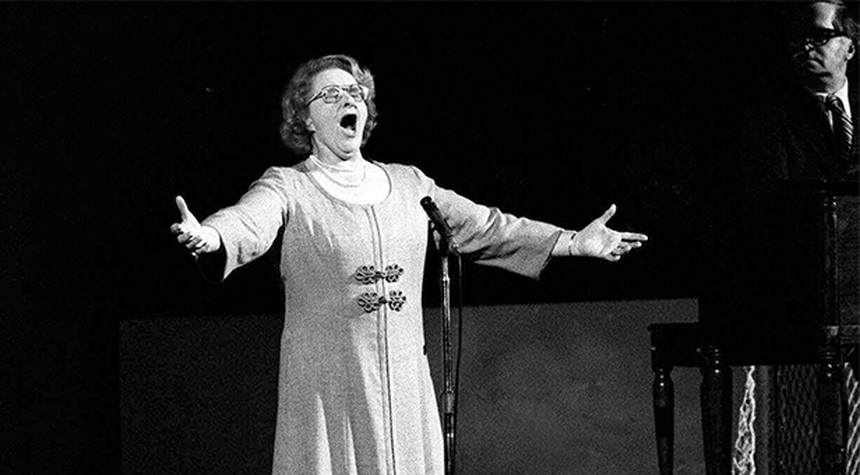It’s a time of revolution, and nowhere is that more evident than American public education. Case in point: the enlightened efforts of a teacher featured on TikTok.
In a video recently posted online, a self-described English teacher talks of incessant worry:
“As an educator, I am constantly worried if I am part of the problem. What do I mean by that? Well, public education is an institution that upholds lots of problematic systems in our society.”
Such problems, as stated:
- White Supremacy
- Misogyny
- Colonization, etc.
Since she knows sexism, geographically-based subjugation, and KKK-ish concepts have infected institutions of learning, she’s committed to crippling the bowel movements of bulls:
“In my role as an educator, I try to undermine that B.S. in my classroom as much as I possibly can.”
School’s Caucasian-caused corrosion is a bunch of hoo-ey:
“I teach high school English and, hoo, the white supremacy runs deep.”
For those wondering which ways white wickedness wrecks education, examples are provided. According to the educator, the rules regulating essays are ruinous.
Consider conventions which — if I adequately understand — couldn’t have possibly ever been conceived by any Easterner. These are our literary-composition customs:
- Start with an introduction that includes a thesis.
- Always cite your sources.
- Use transition words like “however” and “therefore.”
However:
“These are all made-up rules. … They were created by Westerners in power.”
Therefore:
“They’re arbitrary.”
She goes on to reference author April Baker Bell’s book Linguistic Justice: Black Language, Literacy, Identity, and Pedagogy. From a description of the work on the publisher’s website:
Bringing together theory, research, and practice to dismantle Anti-Black Linguistic Racism and white linguistic supremacy, this book provides ethnographic snapshots of how Black students navigate and negotiate their linguistic and racial identities… … Baker-Bell demonstrates how traditional approaches to language education do not account for the emotional harm, internalized linguistic racism, or consequences these approaches have on Black students’ sense of self and identity. This book presents Anti-Black Linguistic Racism as a framework that explicitly names and richly captures the linguistic violence, persecution, dehumanization, and marginalization Black Language-speakers endure when using their language in schools and in everyday life.
On TikTok, the teacher says Linguistic Justice “got [her] thinking.”
Her thought:
“‘[W]hat if I started my school year with a unit honoring how we talk rather than teaching students how to ‘write properly?’ So this is the start of my series on teaching linguistics in high school.”
Of course, she’s correct that the rules of essays are mere constructs. Curiously, the same applies to every sound she utters for the video’s duration — language itself has been constructed.
Will triumph against racism be attained by abandoning the manmade constructs of the written word in order to delight in the manmade constructs of the spoken word? We’ll have to wait and see; if a tremendous victory ensues, it’ll hopefully make headlines.
In the meantime, academic evolution persists: Those who are hired to teach a subject may choose not to do that very thing. In the end, seemingly, it’s worth the refusal to defeat the scourge of Westerners in power.
At least, that’s the current word from many heads of American classrooms — AKA Westerners in power.
And the revolution continues.

